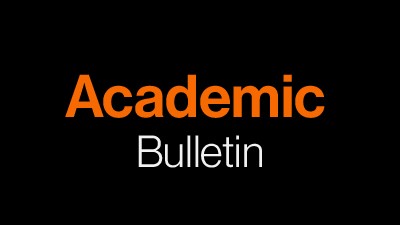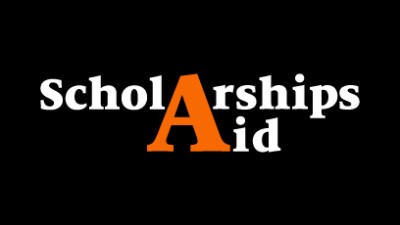Mrika Kotorri
Associate Professor
RIT Kosovo
Currently Teaching
ECON-101
Principles of Microeconomics
3 Credits
Microeconomics studies the workings of individual markets. That is, it examines the interaction of the demanders of goods and services with the suppliers of those goods and services. It explores how the behavior of consumers (demanders), the behavior of producers (suppliers), and the level of market competition influence market outcomes.
ECON-403
Econometrics I
3 Credits
Econometrics I provides students with the opportunity to develop their skills in applied regression analysis. It covers various regression estimation techniques, data preparation and transformation, and the interpretation of regression results. There is particular emphasis on the dangers of misuse of regression techniques. The course covers regression analysis for both cross-sectional and time series data.
ECON-405
International Trade and Finance
3 Credits
This course first surveys the sources of comparative advantage. It then analyzes commercial policy and analyzes the welfare economics of trade between countries. Some attention is paid to the institutional aspects of the world trading system. Finally, the course introduces the student to some salient notions in international finance such as national income accounting, the balance of payments, and exchange rates.
ECON-430
Managerial Economics
3 Credits
Managerial Economics involves the application of economic theory to business decision-making. Most of the emphasis is microeconomic in nature, the theory of the firm and consumer theory, but there is some macroeconomic influence, particularly in the forecasting area. Since this is an applied economics course, it has a strong quantitative flavor.
ECON-444
Public Finance
3 Credits
Public Finance is the study of the microeconomics of the public sector. The course fosters better understanding of the scale, scope and results of government spending and taxes. The focus is on economic efficiency in resource allocation and fairness in the distribution of income and wealth.
ECON-448
Development Economics
3 Credits
This course provides an introduction to development economics, which focuses on the problems and challenges faced typically but not exclusively by the developing countries. In this course we will study the economic transformation of developing countries by focusing on the characteristics of land, labor and credit markets in rural areas of developing countries. We will survey the large literature on modeling economic growth and discuss relevant case studies from developing countries.
SOIS-510
Multidisciplinary Life
3 Credits
A capstone class for students in the applied arts and sciences bachelor of science degree program. Course provides students an opportunity to reflect upon and enhance the many aspects of their individualized educational programs and focus on future goals.










